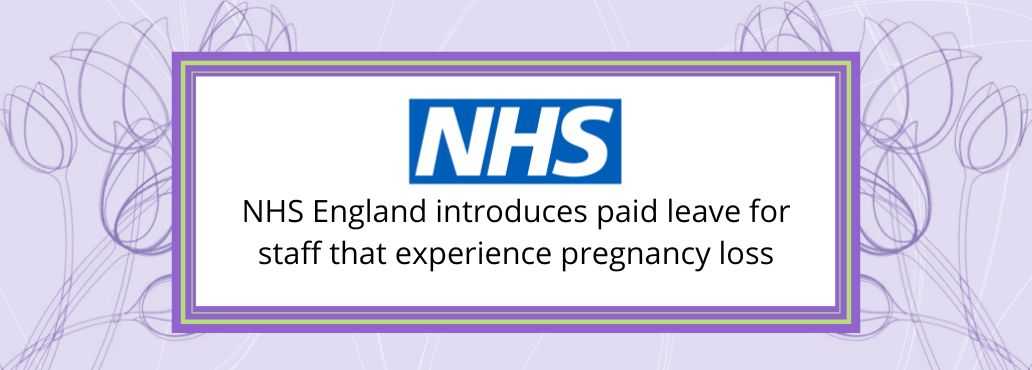
The NHS (National Health Service) in England has introduced new guidelines offering paid leave to staff who experience pregnancy loss. Under this initiative, those who experience pregnancy loss within the first 24 weeks of pregnancy will be entitled to up to 10 days of paid leave, while partners affected will have up to five days’ leave available.
Recognising the emotional toll of pregnancy loss, this policy aims at providing comprehensive support to NHS staff. This national framework, known as the National Pregnancy and Baby Loss People Policy, mandates NHS trusts to grant paid time off for medical appointments, including necessary examinations, scans, and mental health interventions.
Returning staff members will receive ongoing occupational health support, including referrals to specialised services within their trust or external organisations specialising in pregnancy and baby loss support.
Statistics reveal the widespread impact of pregnancy loss, with approximately 1 in 4 pregnancies in the UK ending in miscarriage, ectopic pregnancy, or medical termination annually. However, a survey by the Chartered Institute of Personnel and Development highlighted that nearly a quarter of UK employees who experienced pregnancy or baby loss left their jobs due to inadequate support from their organisations. This initiative builds upon the successful trial conducted at Birmingham Women’s and Children’s NHS Trust, where staff retention rates doubled following the implementation of paid leave for pregnancy loss.
Maria Caulfield, Minister for Women’s Health Strategy, commended the NHS for its commitment to supporting healthcare workers through the devastating experience of pregnancy loss, saying:
“Our brilliant NHS workers look after us when we need it most and this new guidance is a positive step towards ensuring they are supported through the tragedy of losing of a baby.
It means doctors, nurses and their partners will now be entitled to additional leave to help process their grief, which is crucial to their long-term mental health and wellbeing.
This delivers on key recommendations made in the Pregnancy Loss Review and is part of our efforts to improve women’s health through the Women’s Health Strategy. We look forward to announcing further support measures to help parents going through this heart-breaking experience”.
A word from The Ectopic Pregnancy Trust
The Ectopic Pregnancy Trust’s Director, Munira Oza, sits on the Pregnancy Loss Review Ministerial Oversight Group and comments: “We welcome the introduction of this policy, which was one of the recommendations in the Pregnancy Loss Review. NHS England has taken this crucial step, leading by way of example. A framework like this policy helps both employers and employees who experience pregnancy loss navigate the return to work – which can be challenging. We hope that more workplaces will follow with similar guidance to support those who experience the ordeal of pregnancy and baby loss.”
More information on returning to work after an ectopic pregnancy
As you begin to heal physically and emotionally following an ectopic pregnancy, you may start to consider how and when to return to work. Whether you have undergone surgery with a stay in hospital, received medical treatment with methotrexate, or have had expectant management, it is important to be gentle with yourself, returning to work when you are ready to do so. Dedicated information on our website can help ease the return to work and assist both employees and employers as well as those who are self-employed.
